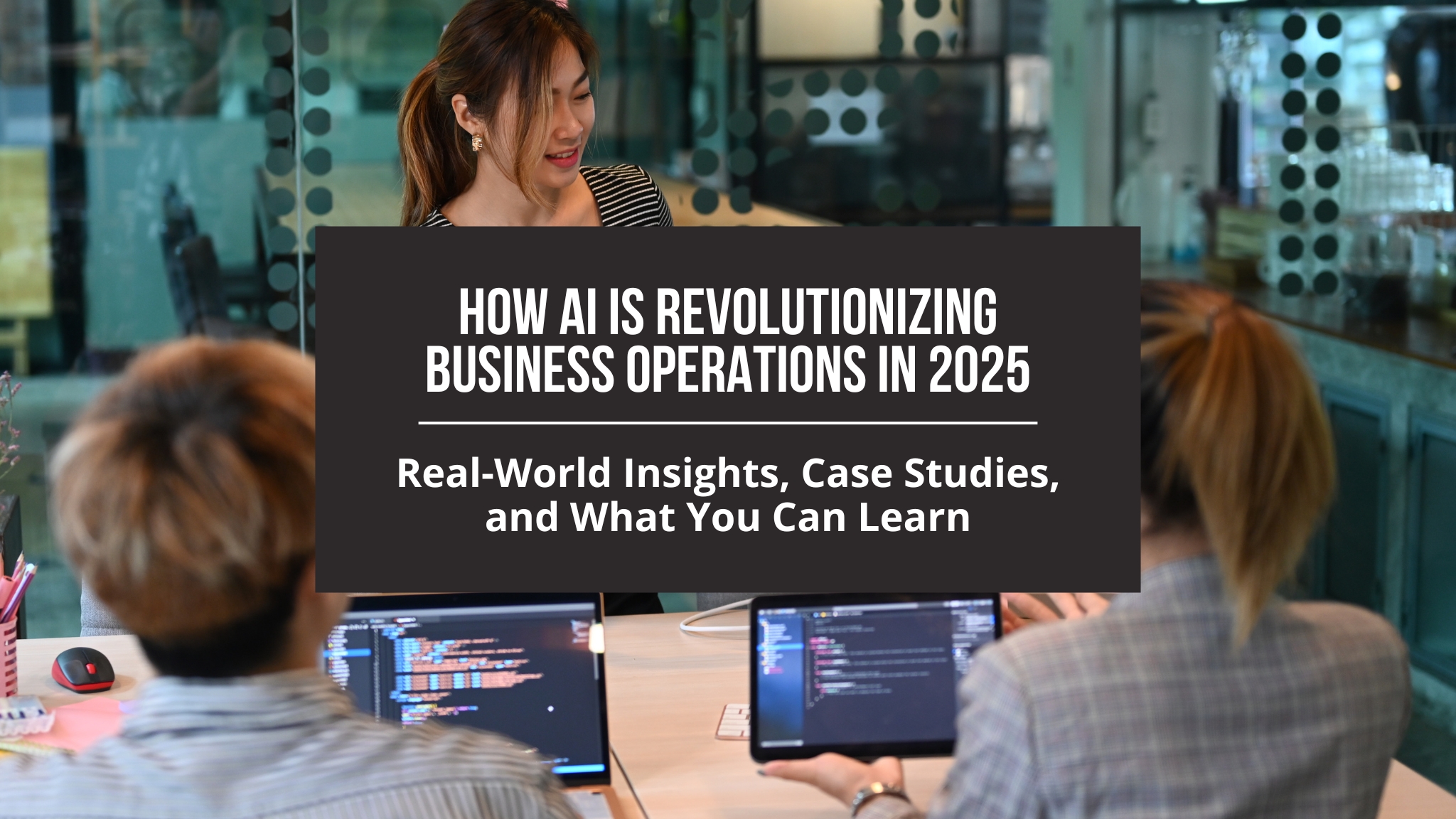In this article
-
1. Real-World Insights, Case Studies, and What You Can Learn
-
2. What Is AI Integration in Business?
-
3. A Brief History of AI in Business
-
4. The Business Case for AI in 2025
-
5. Real-World Case Studies
-
6. How Small Businesses Are Using AI
-
7. Challenges and Ethical Considerations
-
8. How to Start Using AI in Your Business
-
9. Looking Ahead: What AI Will Look Like in 2030
-
10. Final Thoughts: The Future Is Now
-
11. References
